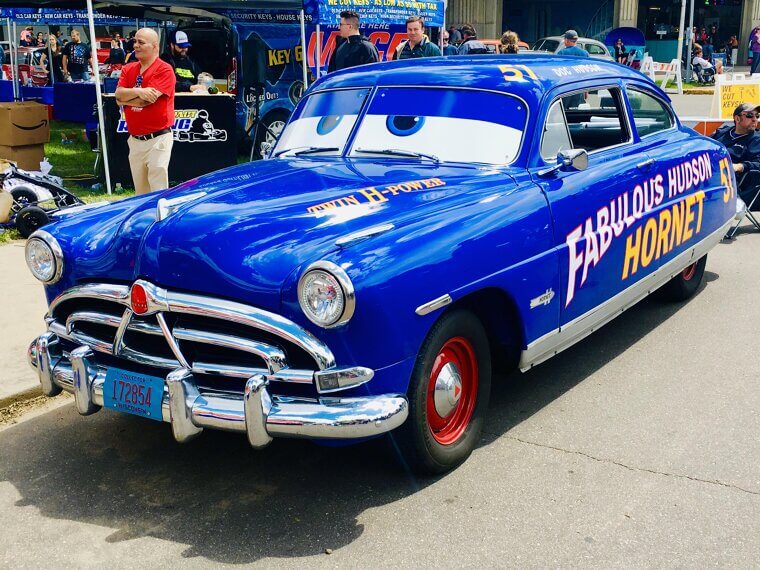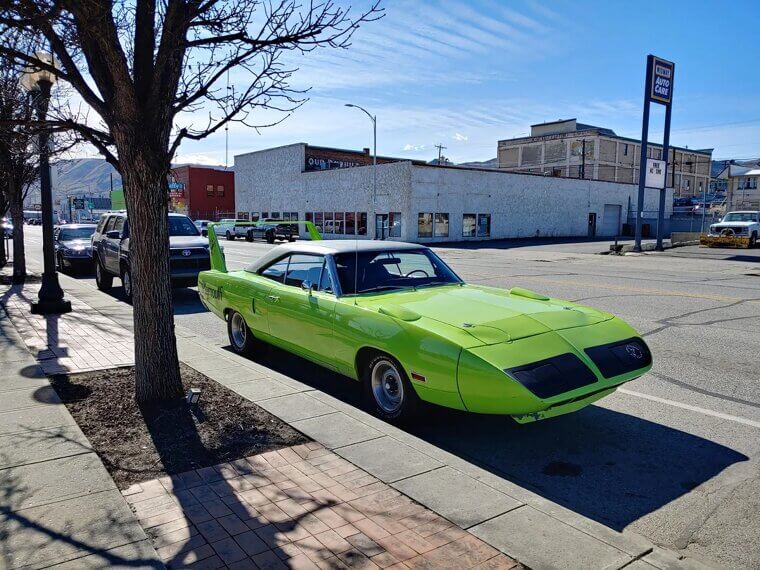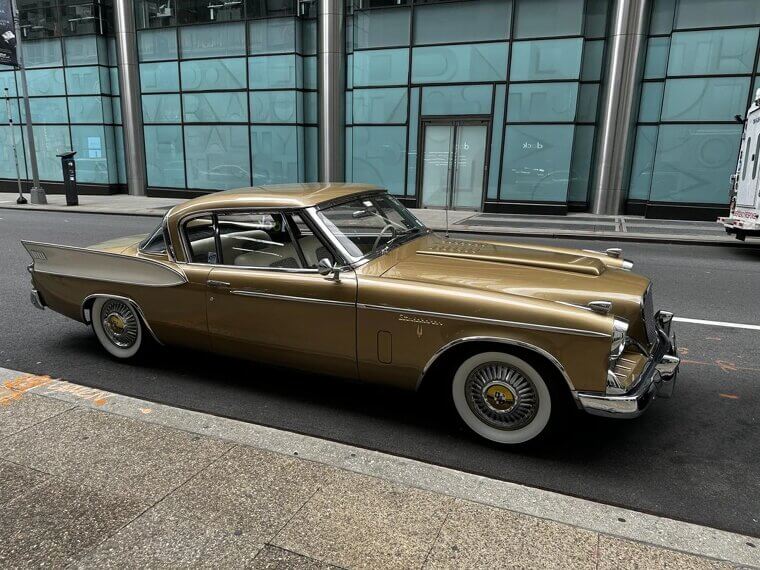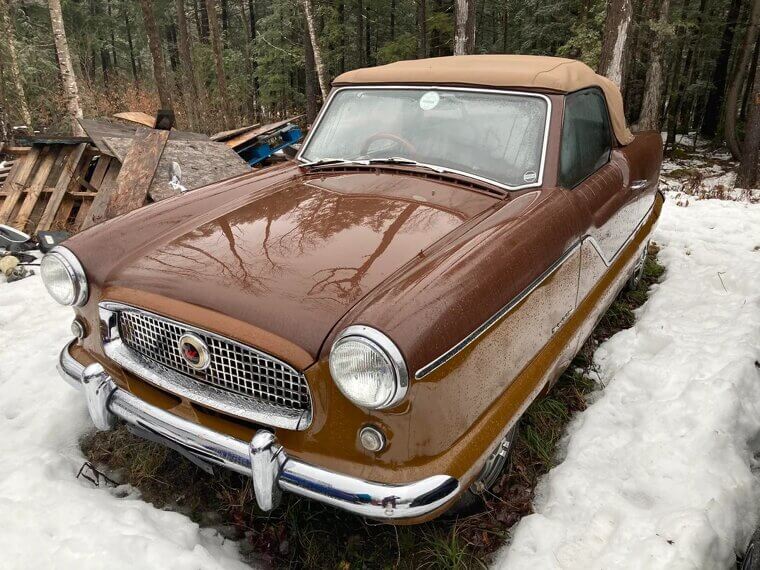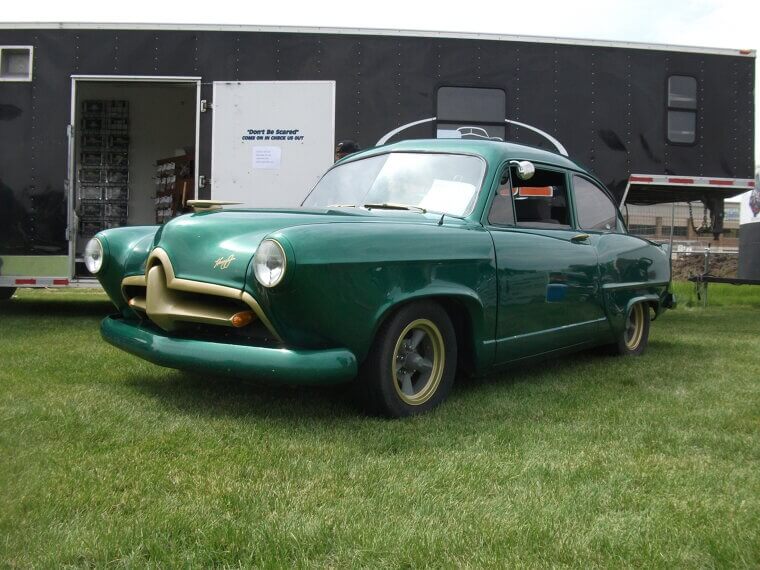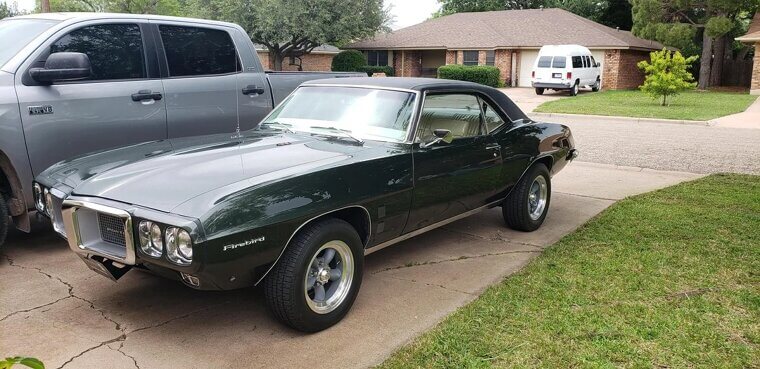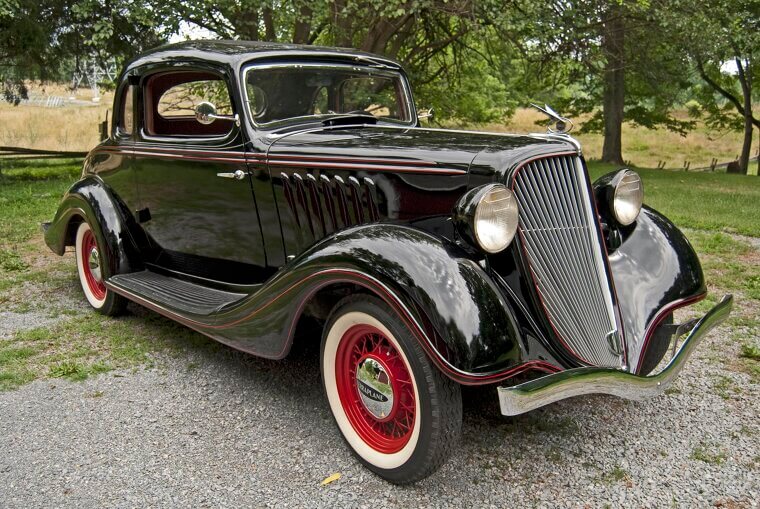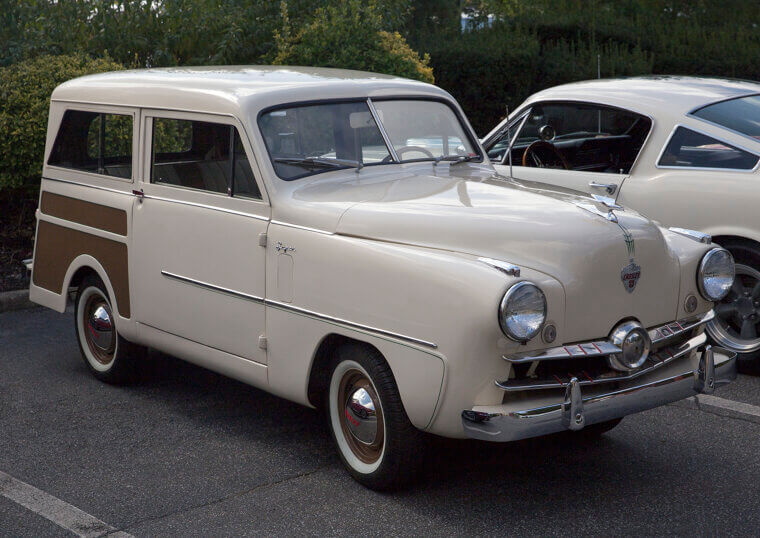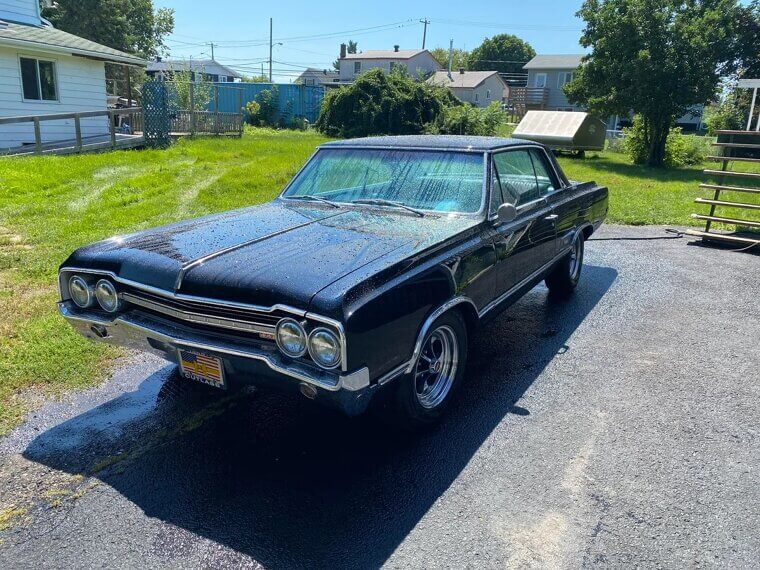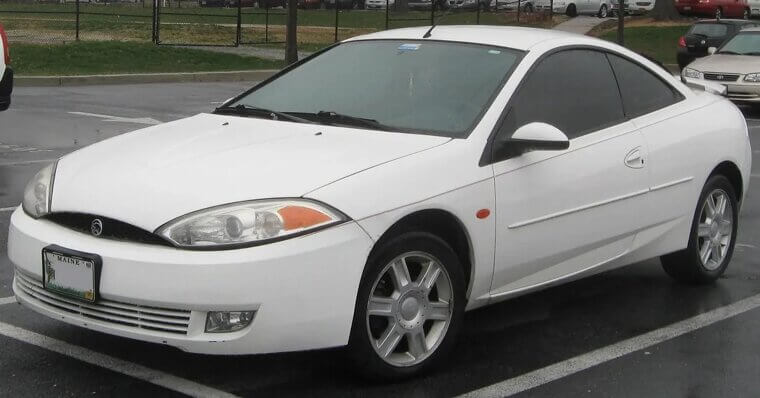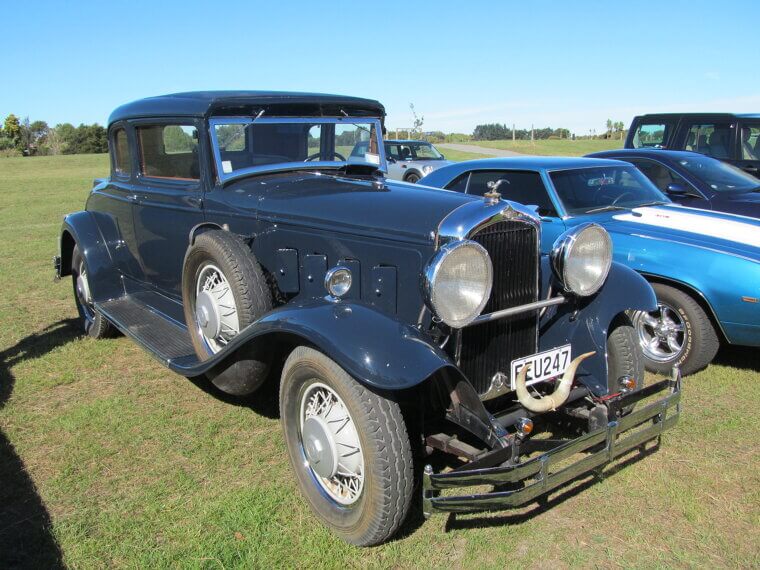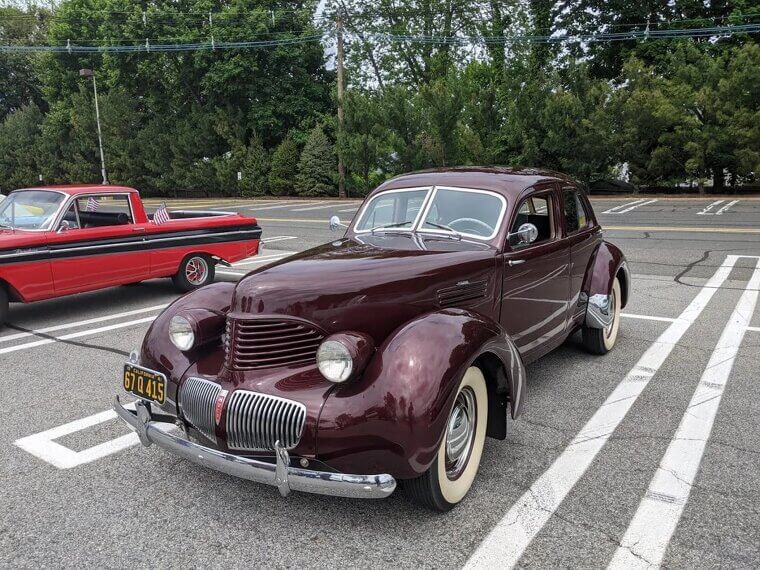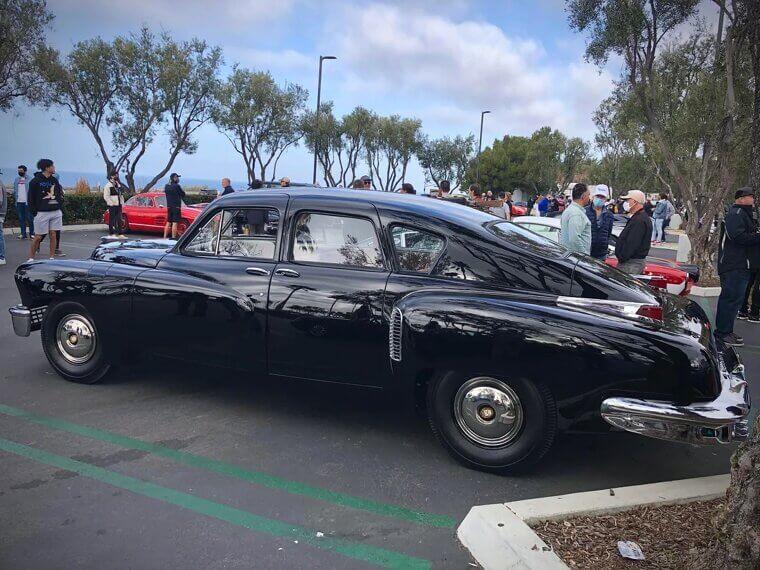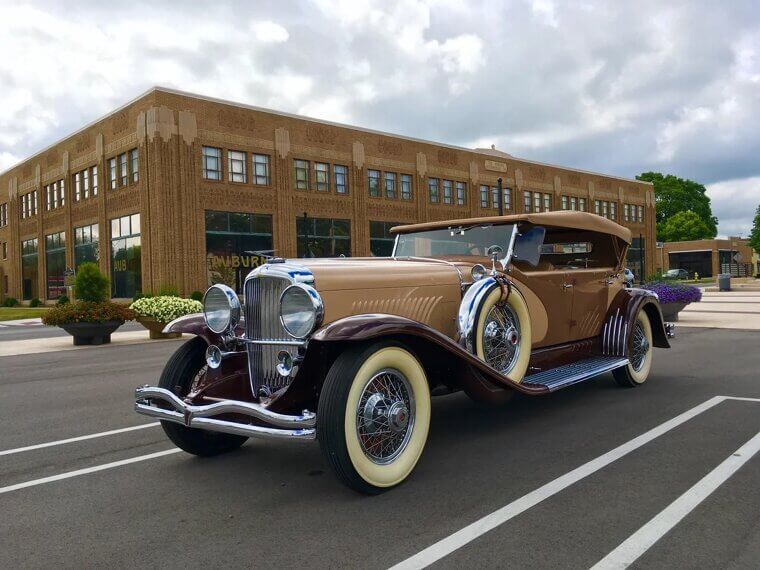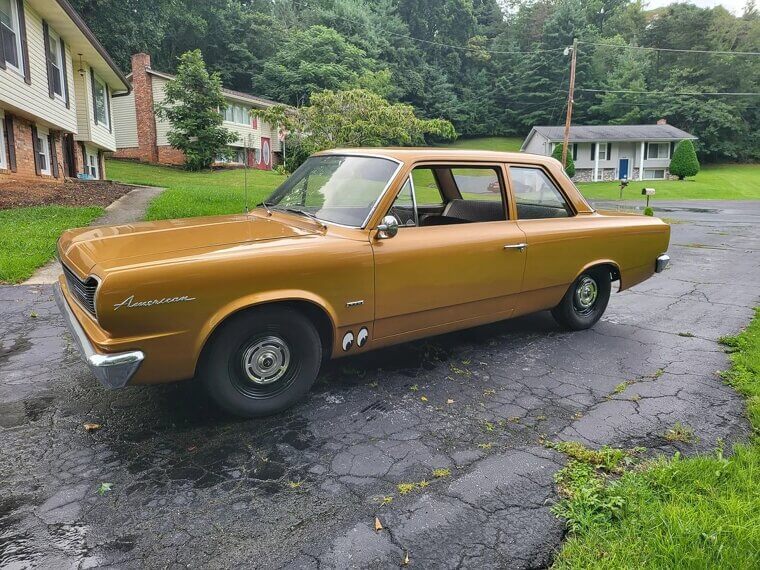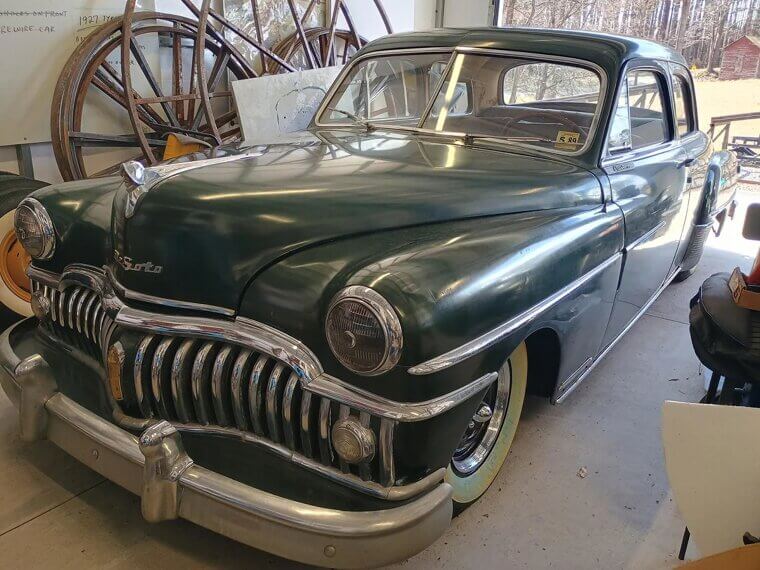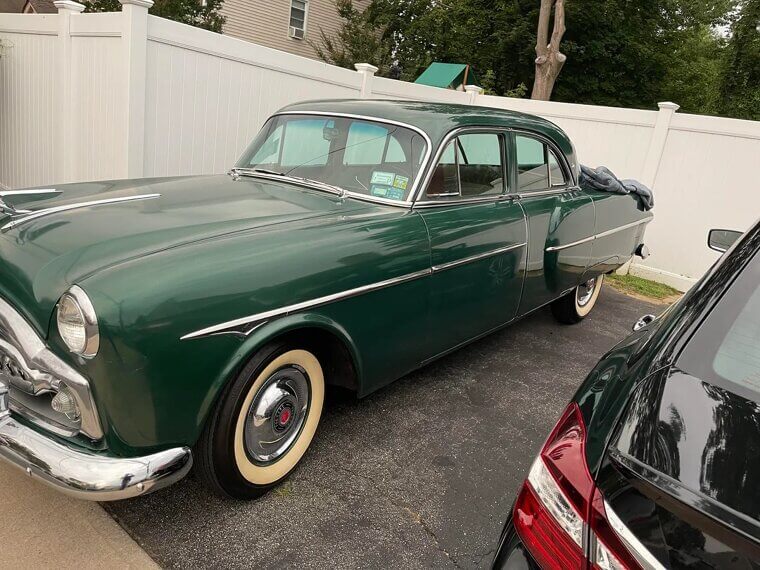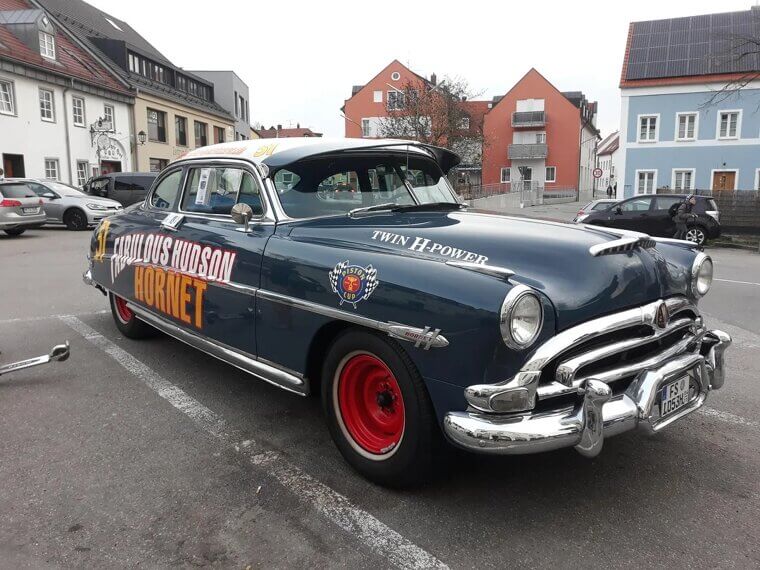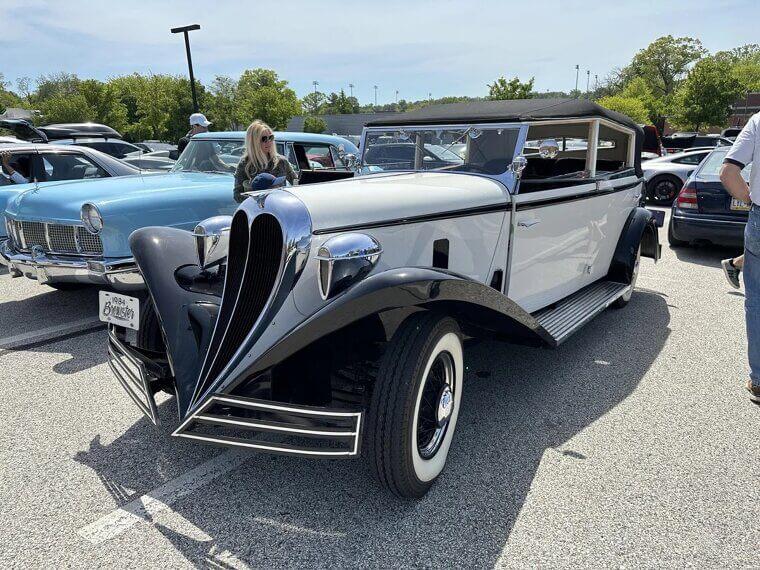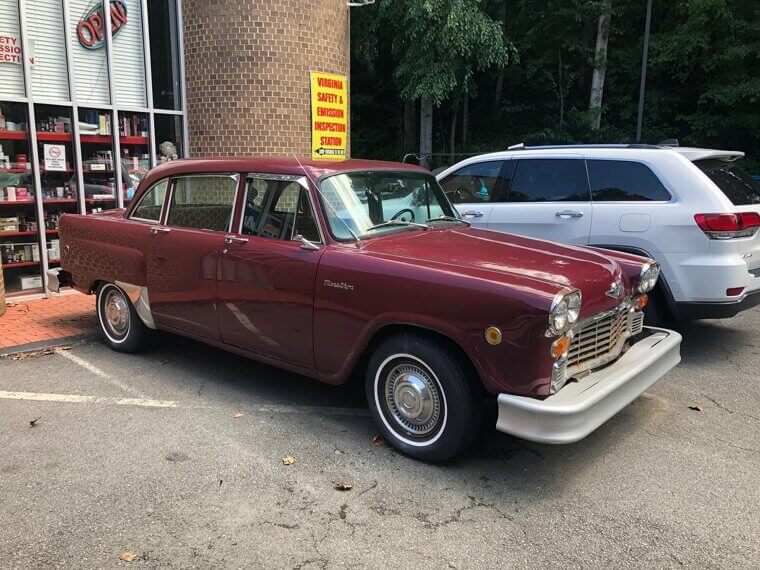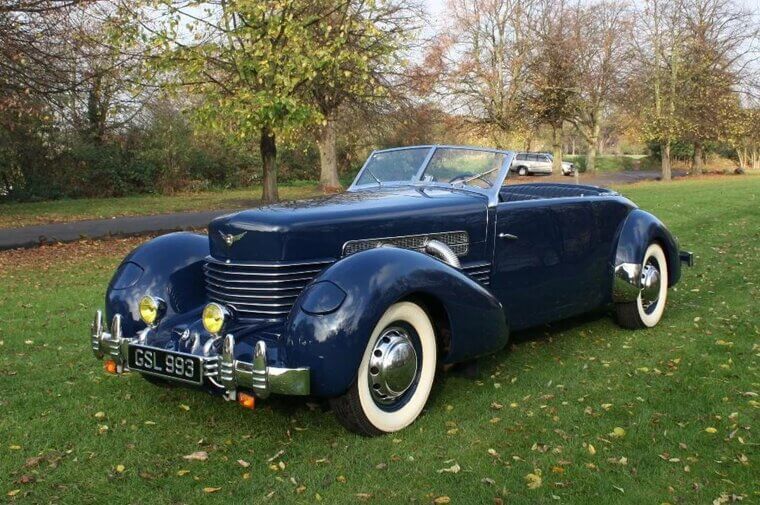These American Brands Were Once Ultra-Popular but Are Barely Seen Today
From Ford and Buick to Cadillac and Chevrolet, America has some of the best car brands in the world. But what about those that don’t exist anymore? Some remain on the market, while others have been completely forgotten. Keep reading to see how many you remember.
Plymouth
Plymouth is probably one now-defunct brand that you recognize, but it’s nowhere near as successful as it once was. Americans loved Plymouth’s affordable, stylish cars, but by the late 90s, Chrysler was no longer as invested in the subdivision and discontinued it.
Studebaker
You might know the name, but do you know the history? Studebaker was an automotive trailblazer all the way back in 1852, going from wagons to cars and innovating over the course of a century. But now, it’s a distant memory, thanks to some tragic financial issues.
Nash
This brand makes us sadly nostalgic because Nash cars were so retro and beautiful, and they also drove really well. However, the brand didn’t even last 40 years, as Nash merged with Hudson to compete with larger names, so it’s understandable if you don’t remember it.
Kaiser-Frazer
Kaiser-Frazer might sound like a German brand, but it was actually an American car manufacturer for a single decade. After launching in 1945, Kaiser capitalized on the post-World War II demand for cars, but it soon fizzled out due to a lack of long-term resources.
Pontiac
We’re sure you remember Pontiac because many of its old models are still on the collector car market, and it was a consistent bestseller for a long time. However, in 2010, Pontiac met an untimely end when General Motors was forced to cut its less successful brands.
Terraplane
If you think a decade is short, how about six years? Terraplane operated under Hudson Motors, selling robust cars that any history buff would go crazy over. However, the brand’s success was its own undoing because Hudson discontinued it as it was eclipsing all of the company’s other brands!
Crosley
For a ‘40s and ‘50s brand, Crosley was ahead of its time, with lightweight cars that suited post-war buyers and catered to evolving automotive trends. Unfortunately, Crosley cars remained small, and the fickle market favored big automobiles, stopping the brand in its tracks forever.
Oldsmobile
You’ll probably know this one too because Oldsmobile was so impactful, yet it still went extinct like many lesser-known brands. After over 100 pioneering years, Oldsmobile was discontinued by General Motors as part of its restructuring, leaving behind a legacy that deserves to be remembered.
Mercury
Ford owes much of its success to its brands, and Mercury was always a top seller. So why get rid of a good thing? Put simply, Mercury was a middling brand that looked good but wasn’t extortionately priced, and by 2011, that area of the market was practically non-existent.
Marmon
Marmon is a really old brand from the early 1900s, so we don’t blame you if you’ve forgotten it. Before it disappeared forever, Marmon was a key player in the American luxury car market; however, the Great Depression abruptly put an end to that in 1929.
Hupmobile
It almost sounds made-up, but Hupmobile was a real car brand that also reigned supreme in the first half of the twentieth century. Sadly, these gorgeous classic cars are rarely seen nowadays because the brand couldn’t commit to longevity with huge competitors like Ford around.
Tucker
We never hear the name ‘Tucker’ anymore, but some people will still remember the famous Tucker 48. It was a revelation in the ‘40s that inspired automotive designs for decades to come, but Tucker shut down after some serious legal woes and only ever produced 51 cars.
Dusenberg
Dusenberg is a relic nowadays, but in its prime, it was a top luxury and racing car manufacturer. People loved how opulent and high-class the cars were, which makes it all the more tragic that the Great Depression wiped out the brand.
Rambler
Rambler was an American pioneer, yet it disappeared from the market twice. In 1914, it was renamed ‘Jeffery’ by Nash Motors and revived for a new market. However, Nash eventually phased it out in the 1960s, although the nameplate lingered until the 1980s.
DeSoto
DeSoto operated alongside Chrysler for decades, providing great-looking cars that everyday people could afford until the 1950s. By that time, internal competition led to Chrysler axing several brands from its lineup, and DeSoto sadly ended up on the chopping block.
Packard
Packard cars were the best of their kind back in the first half of the twentieth century. Their dedication to luxury materials and high-quality engineering couldn’t be beaten, but something else went wrong. Packard merged with Studebaker, lost money, and subsequently declined rapidly.
Hudson
If you’re a fan of NASCAR racing, you probably remember certain Hudson models. But the brand itself is now obsolete, despite pioneering the legendary ‘step-down design’, which made cars safer and easier to drive. A series of missed opportunities led to Hudson being absorbed by AMC in 1954.
Brewster
Brewster hails from all the way back in 1810, where it started as a coachbuilder brand, then transitioned to automobiles in the 1900s. It was a brand for the wealthy elite, and loved by several celebrities. But nowadays, it’s barely remembered after being obliterated by the Great Depression.
Checker
If you recognize this car, it’s because Checker created one of the most iconic American taxi cabs in history: the Marathon. But almost nobody remembers the brand’s name now because it was swiftly phased out when new emissions rules were introduced in the ‘80s.
Cord
We’d bet any money you’ve never heard of Cord, but this Auburn Automobile subsidiary was iconic back in the 1930s for its trailblazing front-wheel drive system. Sadly, America cut the cord for this brand after it became too expensive to continue producing the cars.

